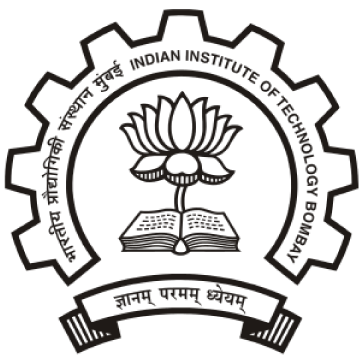Introduction
Cracking the JEE exam, one of India’s most competitive and challenging entrance tests is the dream of countless engineering aspirants. For which the journey begins by choosing a junior college for JEE
Title that not only covers the board syllabus but also offers focused, strategic JEE coaching.
While it’s common for students and parents to judge a junior college purely based on past results or top ranks achieved, that alone doesn’t define the quality of coaching or the support system provided to students.
Choosing the right junior college is not just about where the toppers studied—it’s about where you’ll receive the kind of coaching, motivation, and support system that matches your individual learning needs and pace.

Here are the key aspects every JEE aspirant must focus on before selecting a junior college to begin their IIT journey.
1. Student-Centric Teaching Approach
No two students learn at the same pace. While some grasp concepts quickly, others may need more time and repeated explanation. The best junior colleges are those that recognise individual learning speeds and create batch structures accordingly.
Look for institutes that maintain small batches or group students based on their pace of learning. This not only improves understanding but also reduces pressure and anxiety—helping every student stay motivated throughout the program.
2. Focus Beyond Subject Knowledge
Scoring high in JEE isn’t just about knowing the syllabus—it’s also about solving complex problems accurately under time pressure. Junior colleges that include sessions on time management, speed techniques, and problem-solving strategies truly prepare students for the actual exam day.
These sessions are often what differentiate a good college from a great one.
3.Curriculum and Study Material Quality
A well-structured curriculum is more than just a timetable. It involves:
Prioritising tough topics with extra hours
Allowing time to analyse and discuss test performances
Providing a wider variety of problem models
Also, don’t ignore the study material they provide. Ask whether the content is updated as per NCERT, conceptual, and whether it includes enough practice sets across difficulty levels that reduce the dependency on third part sources. Well-prepared notes and modules can help reduce dependency on external sources.
4. Regular and Accessible Doubt-Clearing
Even the smallest doubts can become obstacles in a competitive exam like JEE. The best junior colleges for JEE ensure regular doubt-clearing sessions, separate from regular classes.
Whether it’s weekly slots, post-class sessions, or one-on-one interactions with faculty, it’s essential to pick a college that makes clearing doubts as important as finishing the syllabus.
5. Encouraging Holistic Development
Not every student comes with perfect skills, either problem-solving or the ability to handle pressure or anything else. That’s why it’s important to choose a college that goes beyond academics—offering support for emotional well-being, stress management, and confidence-building.
Workshops, motivational sessions, or even informal events can greatly uplift students and help them build mental strength, which is just as important as academic knowledge.
Final Word
Choosing a junior college for JEE preparation is not a one-size-fits-all decision. It must be made with careful consideration of what works best for your pace, your mindset, and your learning style. Visit the campuses, speak to former students, ask questions—and then decide. Because this decision doesn’t just shape two years of preparation, it sets the tone for your future.













